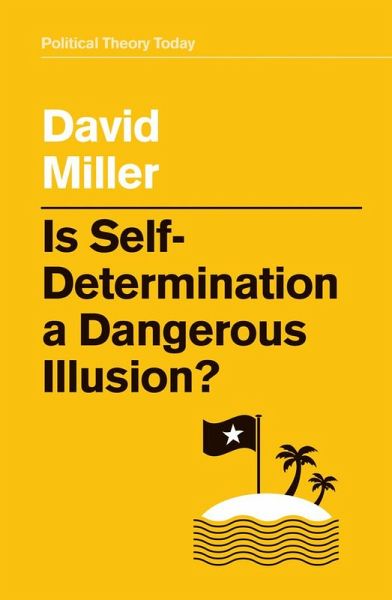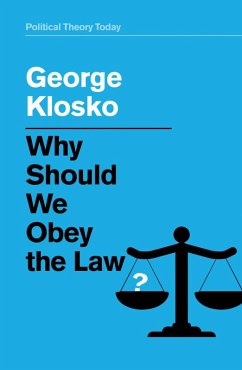
Is Self-Determination a Dangerous Illusion? (eBook, ePUB)
Versandkostenfrei!
Sofort per Download lieferbar
10,99 €
inkl. MwSt.
Weitere Ausgaben:

PAYBACK Punkte
0 °P sammeln!
Claims to self-determination are rife in world politics today. They range from Scottish and Catalonian campaigns for independence to calls for the devolution of power to regions and cities. But is self-determination meaningful or desirable in the twenty-first century, or merely a dangerous illusion? In this book, David Miller mounts a powerful defence of political self-determination. He explains why it is valuable and argues that geographic proximity alone is not enough for groups to have the capacity for self-determination: group members must also identify with each other. He explores the dif...
Claims to self-determination are rife in world politics today. They range from Scottish and Catalonian campaigns for independence to calls for the devolution of power to regions and cities. But is self-determination meaningful or desirable in the twenty-first century, or merely a dangerous illusion? In this book, David Miller mounts a powerful defence of political self-determination. He explains why it is valuable and argues that geographic proximity alone is not enough for groups to have the capacity for self-determination: group members must also identify with each other. He explores the different political forms that self-determination can take, and he suggests some realistic constraints on how it can be achieved, concluding that people exercising their collective agency is still both feasible and important. Anyone concerned by the theoretical issues raised by the various secessionist and nationalist movements around the world should read this book.
Dieser Download kann aus rechtlichen Gründen nur mit Rechnungsadresse in A, B, BG, CY, CZ, D, DK, EW, E, FIN, F, GR, HR, H, IRL, I, LT, L, LR, M, NL, PL, P, R, S, SLO, SK ausgeliefert werden.













